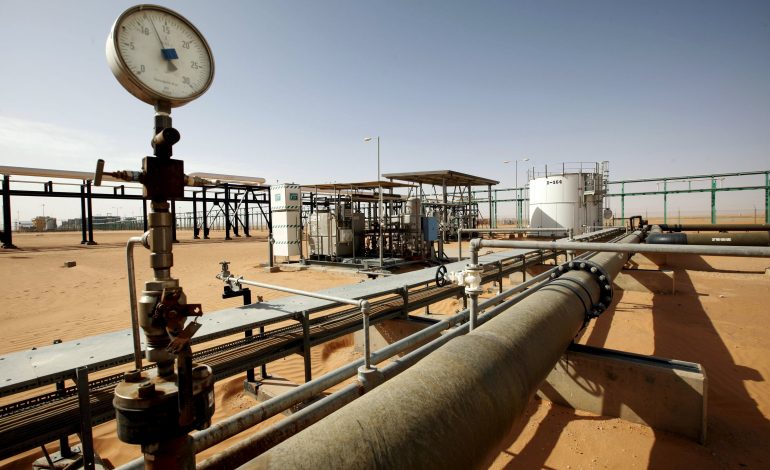Libya’s ongoing political strife is once again putting its vital oil sector at risk, with recent tensions sparking fears of significant disruptions to the country’s crude output, CNBC reports.
The frequent power struggles and interruptions in production have led to skepticism among market participants about the long-term impact on global oil prices.
The North African nation, deeply divided since the 2011 NATO-backed ousting of Moammar Gadhafi, is currently embroiled in a conflict between the internationally recognized Tripoli government, led by Abdul Hamid Dbeibah, and the rival administration based in Benghazi, which is backed by the House of Representatives. The situation is further complicated by the influence of eastern warlord Khalifa Haftar, whose forces control the majority of Libya’s oilfields.
Tensions escalated recently over the control of oil revenues, following Dbeibah’s attempt to remove Central Bank Governor Sadiq al-Kabir. This move prompted the Benghazi administration to announce the shutdown of several oilfields, raising concerns about potential widespread disruptions.
Libya’s National Oil Corporation (NOC), responsible for managing the country’s hydrocarbon resources, has not officially commented on the closures. However, its subsidiary Waha Oil has acknowledged that ongoing protests and pressures could lead to a halt in production. Another subsidiary, Sirte Oil, has reported a gradual decrease in production, urging authorities to intervene to ensure continued operations.
Anonymous sources have confirmed that several oilfields have already been shut down or have reduced production. The El Sharara field, Libya’s largest, has been offline since early August due to protests, with the NOC declaring force majeure on its exports. Other fields, including Dhahra, Amal, Nafoora, El Feel, and Mesla, have also faced shutdowns or production cuts.
Libya, a member of the Organization of the Petroleum Exporting Countries (OPEC), was producing 1.18 million barrels per day in July. Analysts warn that between 700,000 to 900,000 barrels per day could go offline by the end of the week, with outages potentially lasting several weeks.
Despite these concerns, some market analysts believe the disruption will be short-lived. Libya’s oil production has a history of being used as a bargaining chip in political disputes. This pattern raises questions about whether the current situation will have a long-term impact on global oil prices.
Oil prices did initially rise on reports of the Libyan disruptions but quickly fell back as skepticism grew. Brent crude futures dropped to $78.42 per barrel, while the Nymex WTI contract fell to $74.31 per barrel, reflecting the market’s uncertainty about the duration of the disruption.
Analysts at Rystad Energy and Goldman Sachs believe that the current tensions will be resolved soon, as both sides have incentives to restore production. Barclays analysts noted that the situation in Libya is similar to geopolitical tensions in the Middle East, where fundamentals frequently move in the opposite direction of the risks implied by political developments.









